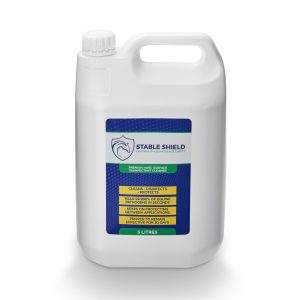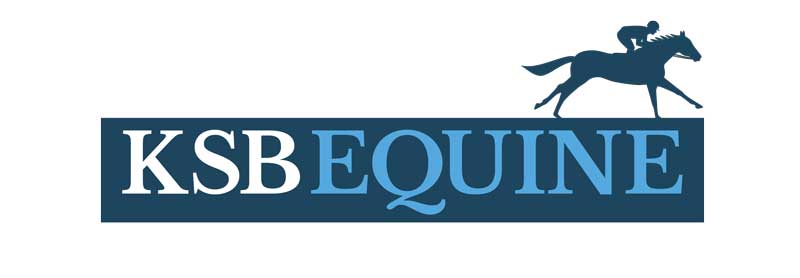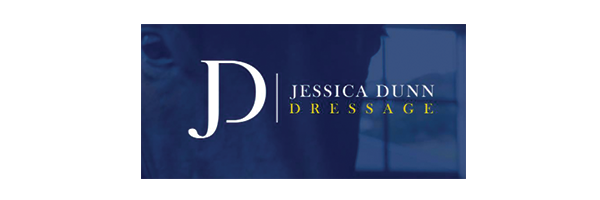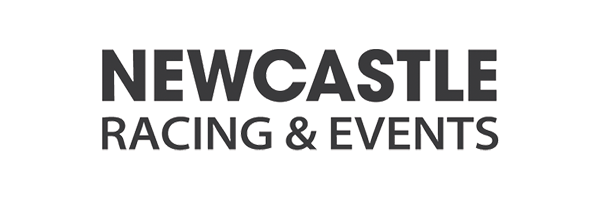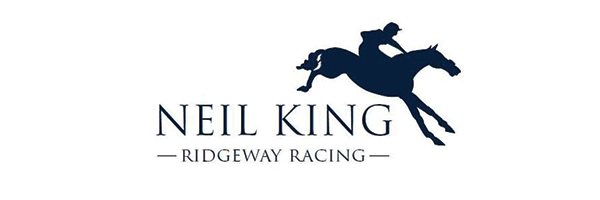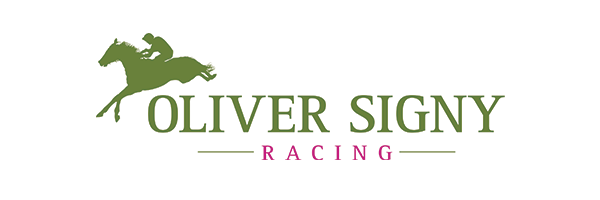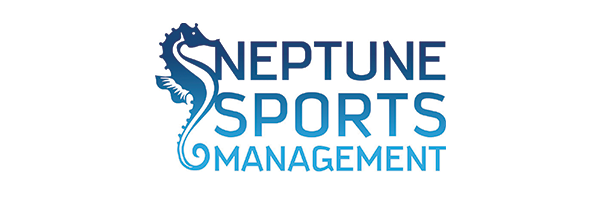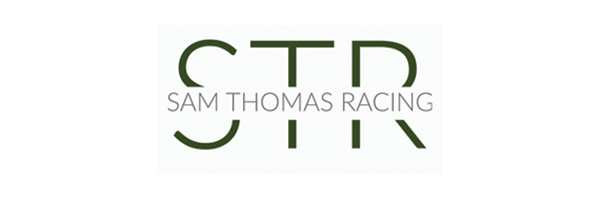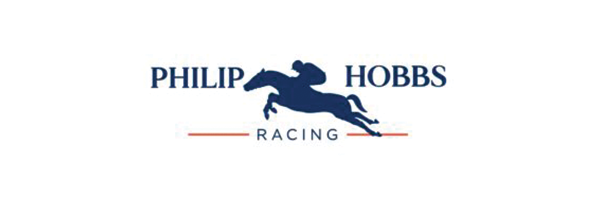“Good biosecurity should always be practised, not just during a disease outbreak,”
We are all aware that good biosecurity measures should be taken at all times, not just when there is an outbreak. Equine diseases can affect all horses and with increasing amount of infectious disease, it is important these practises are put in place.
Effective biosecurity protocols should be in place and a part of your daily routine to reduce the risk and spread of infectious diseases.
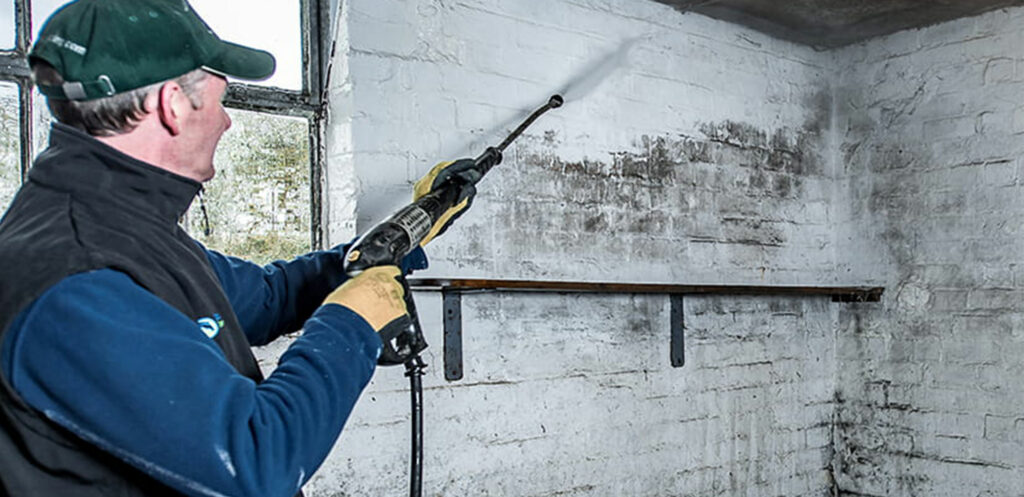
General biosecurity practises
Ensuring your grooming kit, feed buckets and rugs are kept away from other horses when travelling away or on shared yard.
Isolate any new horses coming into a yard for a minimum of two weeks
Keep all vaccinations up to date
Clean water buckets and feed buckets daily
Practise good hygiene by washing your hands before and after attending to your horse.
Carry out a risk assessment at the yard to establish the potential risk of infection. This can include how many horses entering/leaving the property, the total number of horses at the property.
The most common infectious equine disease
Strangles
EHV-1
Equine Influenza
MRSA
Ringworm
Recommended Stable Management
Steam clean/pressure wash every 6 months
Mist/fog every two weeks
Regularly remove dirt and grime from areas such as window ledges and feed mangers
Ensure regular ventilation



